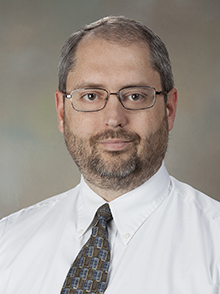Recognized for significant advancements in the areas of computational fire dynamics, more

Fellows of the American Society of Mechanical Engineers are only 3.1 percent of ASME’s 107,895 members. Alexander Brown (1532) is now one of that elite group.
According to the organization’s home page, “Fellow grade is the highest elected grade of membership within ASME, the attainment of which recognizes exceptional engineering achievements and contributions to the engineering profession.”
Says Alex, “It is great to have this recognition after a long period of service to the ASME Heat Transfer Division.”
Alex’s citation reads in part that “he has served in leadership roles within the ASME Heat Transfer Division for six years and continues as an associate editor for the ASME Journal of Thermal Science and Engineering Applications. His … experimental and modeling technical contributions … include significant advancements in the areas of computational fire dynamics, code coupling, liquid dynamics, plume dispersion, pyrolysis, and thermochemical biomass fuels.”
Alex received his PhD in mechanical engineering from the University of Colorado at Boulder in 2001. While in Boulder, he had student research appointments at the National Center for Atmospheric Research in the Applied Technologies Division and at the National Renewable Energy Laboratory in the National Bioenergy Center. Shortly after earning his doctorate, he accepted a staff position at Sandia in ts Fire Science and Technology department in the Engineering Sciences Center.
Alex supports system qualification activities that make up a large part of the fire science activities in Dept. 1532. His improvements in code and model development, simulation analysis, and experimental testing allowed him to make significant contributions to fire phenomenology and basic energy technologies. His work also is credited with contributing to the executive launch approval for sending special nuclear material into space, assembled prior to the launch of the Mars Science Laboratory rover in 2011. He has participated for about 10 years as an expert reviewer for nuclear power plant fire assessments based on recurring contracts from the Nuclear Regulatory Commission. He continues research related to biomass thermochemical processing, mostly through New Mexico Small Business Assistance-funded projects.
Among his other novel contributions are experimental and modeling work on liquid drop impact and break-up. He has developed code methodologies that couple fluid and solid mechanics simulations to provide engineering predictions of impact and impulse-dispersed liquids.
He has published approximately 100 articles in peer-reviewed conference proceedings and journals. He also was cited for mentoring undergraduate and graduate students from the University of Florida, Georgia Tech, University of Michigan, Syracuse University, Texas A&M, Texas Tech, the US Military Academy, and more. He was cited for extensive work on technical reviews for scientific publications and for proposals.
Alex was presented the award at the 2016 International Mechanical Engineering Congress and Exposition meeting in November in Phoenix.